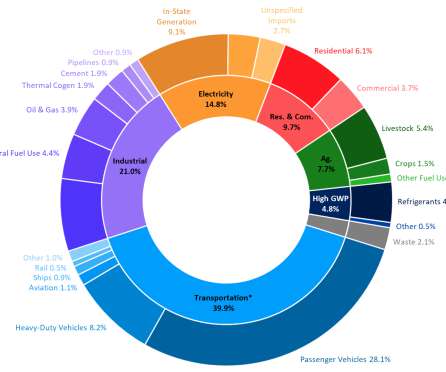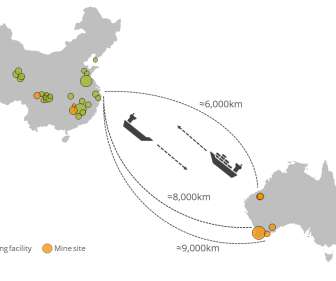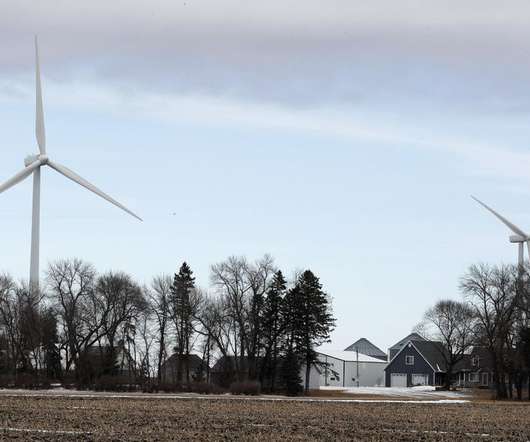Latest GHG Inventory shows California remains below 2020 emissions target; much steeper rate of GHG reductions required
Green Car Congress
OCTOBER 23, 2020
The California Air Resources Board released GHG emissions data for 2018 showing that emissions remain below 1990 levels but are effectively flat compared to 2017, while the economy grew by 4.3%. CARB has approved additional measures to reduce emissions of greenhouse gases from super pollutants that must also be reduced significantly.





























Let's personalize your content